The field of healthcare has witnessed extraordinary advancements over the past few decades, particularly in the area of medical implants. One of the driving forces behind this evolution is the development and use of Biocompatible metals. These specialized materials are not only capable of withstanding the body’s internal environment but also work in harmony with biological tissues. From dental implants to joint replacements and cardiovascular devices, Biocompatible metals are playing a transformative role in modern medicine. They offer strength, durability, and safety, making them essential for improving patient outcomes and driving the future of medical technologies.
What Are Biocompatible Metals?
Biocompatible metals are materials engineered to interact safely with biological tissues. They are chosen for their ability to perform specific functions within the body—such as supporting or replacing damaged tissues—without causing harmful reactions. These metals must meet stringent criteria for safety, durability, and functionality to ensure they can be used effectively in medical applications.
Key Characteristics
- Non-Toxicity: Biocompatible metals must be non-toxic to the body, meaning they do not release harmful substances or cause allergic reactions. This is crucial to avoid adverse effects that could compromise patient health.
- Corrosion Resistance: The internal environment of the human body can be harsh, with varying pH levels and exposure to bodily fluids. Biocompatible metals need to resist corrosion and degradation to maintain their integrity and functionality over time.
- Mechanical Strength: These metals must possess the right balance of strength and flexibility to withstand the physical stresses they encounter in medical applications. This ensures they can support or replace tissues effectively without failing.
- Tissue Integration: Many biocompatible metals are designed to integrate with the surrounding biological tissues. For instance, titanium and its alloys are known for their ability to bond with bone tissue in a process called osseointegration, which is critical for the stability of dental implants and orthopedic devices.
Common Biocompatible Metals
- Titanium: Titanium is renowned for its exceptional biocompatibility, corrosion resistance, and strength. It is widely used in dental implants, orthopedic devices, and prosthetics. Its ability to bond directly with bone makes it a preferred choice for long-term implants.
- Cobalt-Chromium Alloys: These alloys are known for their durability and wear resistance, making them ideal for load-bearing implants like hip and knee replacements. They also resist corrosion effectively, though some individuals may have sensitivities to nickel, a component in these alloys.
- Stainless Steel: Medical-grade stainless steel, especially the 316L variant, is commonly used in temporary implants and surgical instruments. While it offers good mechanical properties and corrosion resistance, it may not be suitable for permanent implants due to potential nickel content.
- Tantalum: Tantalum is valued for its excellent biocompatibility and ability to promote bone growth into its porous structure. It is used in orthopedic and dental implants, especially in cases requiring revision surgeries or where bone integration is crucial.
Biocompatible – metals are a cornerstone of modern medical technology, providing safe, effective solutions for a variety of implants and devices. Their unique properties allow them to function harmoniously within the body, significantly improving patient outcomes and advancing the capabilities of medical treatments. As research and technology continue to evolve, these metals will undoubtedly play an even more critical role in the future of healthcare.
Key Advantages of Biocompatible Metals in Medical Implant Technology
In the realm of medical technology, the use of biocompatible metals has revolutionized the field of implants and prosthetics. These specialized materials are designed to interact safely with the human body, providing numerous benefits that significantly enhance patient care and outcomes. Understanding the advantages of biocompatible metals helps to appreciate their role in modern medicine and their impact on improving the quality of life for patients.
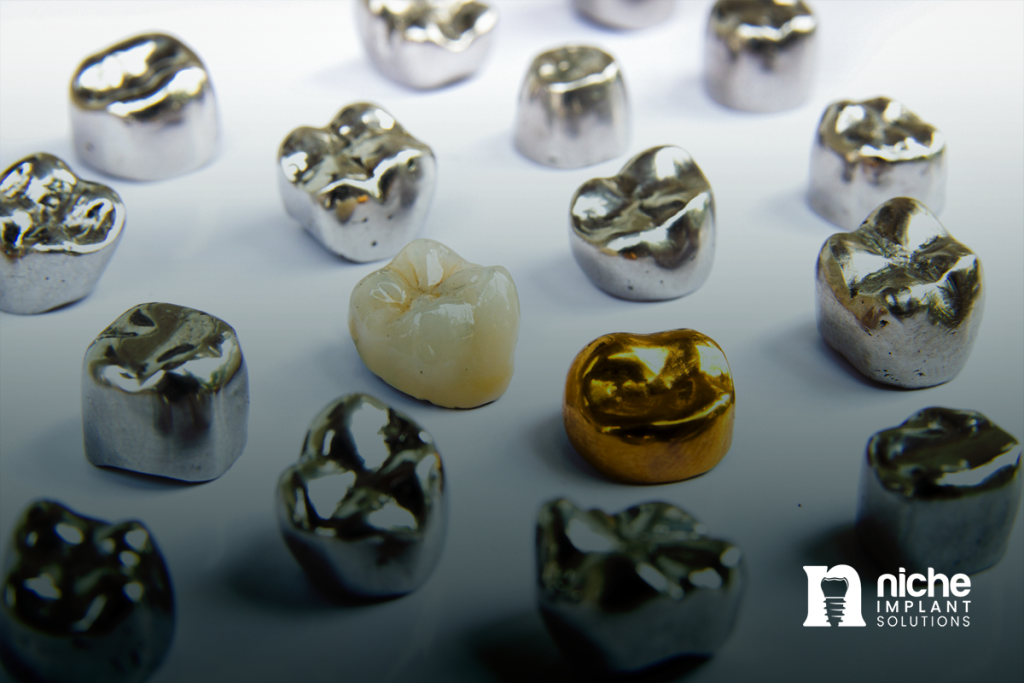
Strength and Durability in Medical Implants
High Mechanical Strength: Biocompatible metals such as titanium and cobalt-chromium alloys are renowned for their high mechanical strength. This property is crucial for implants that need to withstand significant forces and stresses within the body. For instance, titanium’s strength-to-weight ratio allows it to support or replace damaged bones and joints effectively, while cobalt-chromium alloys provide robust durability for load-bearing applications like hip and knee replacements.
Long-Term Durability: The durability of biocompatible – metals ensures that medical implants maintain their integrity and functionality over time. This is especially important for devices that are intended for long-term or permanent use. The resistance of these metals to deformation, wear, and fatigue means that implants can continue to perform effectively throughout their lifespan, reducing the need for frequent replacements or repairs.
Resistance to Corrosion: Biocompatible metals are engineered to resist corrosion and degradation in the challenging internal environment of the human body. Materials like titanium and tantalum are highly resistant to corrosion, ensuring that implants do not deteriorate or release harmful substances over time. This resistance is vital for maintaining the implant’s strength and reducing the risk of complications associated with corrosion.
Compatibility with the Human Body and Reduction of Adverse Reactions
Biocompatibility: One of the primary advantages of biocompatible metals is their ability to coexist harmoniously with biological tissues. These metals are specifically designed to minimize adverse reactions and integrate seamlessly with the body. For example, titanium’s exceptional biocompatibility allows it to bond directly with bone tissue in a process called osseointegration. This integration enhances the stability and effectiveness of dental implants and orthopedic devices.
Reduction of Adverse Reactions: Biocompatible – metals are chosen for their low likelihood of causing allergic reactions, inflammation, or immune responses. This is achieved through careful material selection and engineering to avoid elements that may provoke sensitivities. For instance, titanium and certain cobalt-chromium alloys are designed to reduce the risk of adverse reactions, making them suitable for a wide range of patients.
Promoting Tissue Integration: Some biocompatible metals, like tantalum, are used to promote tissue growth and integration. Tantalum’s porous structure encourages bone tissue to grow into the implant, which enhances stability and long-term success. This property is especially valuable in orthopedic and dental applications, where strong integration with the surrounding tissues is essential for the implant’s effectiveness.
The advantages of using biocompatible – metals in medical implants are significant and multifaceted. Their strength and durability provide the mechanical support needed for various applications, while their compatibility with the human body ensures a safe and effective interaction with biological tissues. By reducing the risk of adverse reactions and promoting tissue integration, biocompatible metals play a crucial role in enhancing patient outcomes and advancing the field of medical technology. As research and development continue, these metals will undoubtedly contribute to further innovations and improvements in medical implant technology.
Niche Dental Solutions: Leading the Way in Biocompatible Metals for Dental Implants
When it comes to dental implants, the choice of materials is paramount for ensuring both the functionality and longevity of the implants. Niche Dental Solutions stands out as a leader in the field, offering cutting-edge biocompatible metals that set the standard for excellence in dental implant technology. Here’s why Niche Dental Solutions is recognized as the best company in the industry:
Superior Quality Biocompatible – Metals
Innovative Materials: Niche Dental Solutions is renowned for its commitment to using the highest quality biocompatible metals in their dental implants. By leveraging advanced materials like titanium and titanium alloys, the company ensures that their implants provide outstanding strength, durability, and compatibility with biological tissues. These materials are meticulously selected and tested to meet rigorous industry standards.
Enhanced Biocompatibility: The biocompatible metals used by Niche Dental Solutions are specifically engineered to minimize the risk of adverse reactions and promote optimal integration with the surrounding bone and tissue. This leads to more successful implant procedures and improved patient outcomes.
Also read: Titanium vs Zirconia implants: Discover the Best Choice for Your Dental Health
Cutting-Edge Technology and Expertise
State-of-the-Art Manufacturing: Niche Dental Solutions employs state-of-the-art technology in the manufacturing of their biocompatible metal implants. Their advanced production processes ensure precision and consistency, resulting in implants that perform reliably over time. The company’s focus on innovation means they stay ahead of industry trends and continuously enhance their product offerings.
Expertise and Experience: With years of experience in the dental implant industry, Niche Dental Solutions brings unparalleled expertise to the table. Their team of specialists understands the complexities of biocompatible metals and how to best utilize them to achieve superior results. This expertise translates into high-quality products that meet the needs of both dentists and patients.
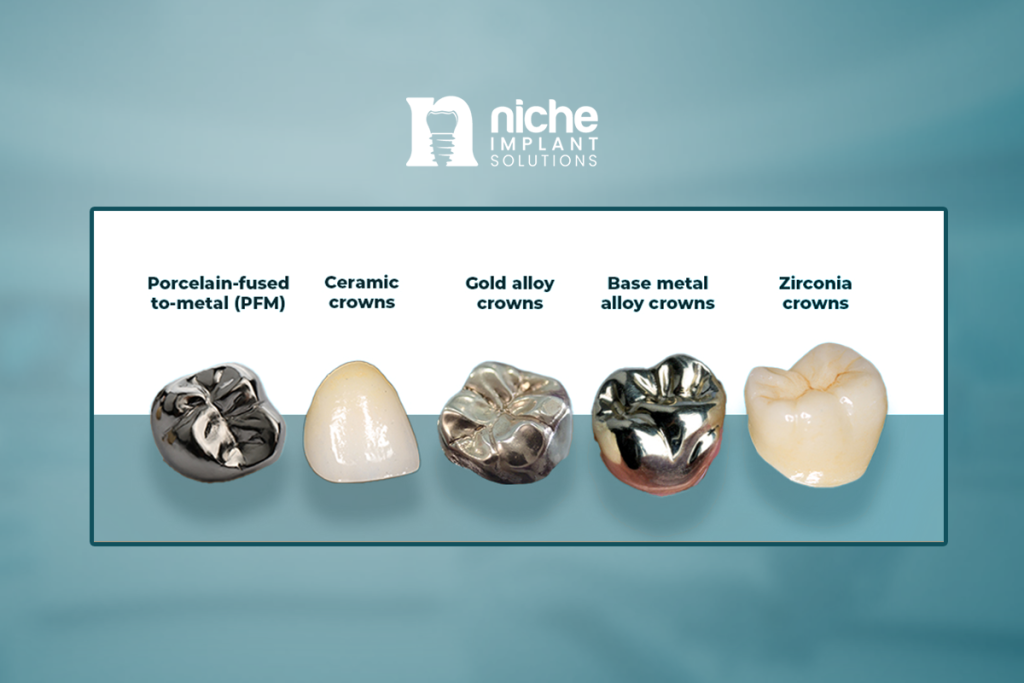
Commitment to Patient Care
Personalized Solutions: Niche Dental Solutions is dedicated to providing personalized solutions that address individual patient needs. By offering a range of biocompatible metals and customization options, the company ensures that each implant is tailored to fit the specific requirements of the patient, enhancing comfort and effectiveness.
Ongoing Support: The company provides comprehensive support to dental professionals, including detailed guidance on the selection and application of their biocompatible metal implants. Their commitment to customer service ensures that dental practices receive the support they need to achieve the best possible outcomes for their patients.
Industry Recognition and Success
Accolades and Awards: Niche Dental Solutions has garnered recognition and awards within the dental industry for their excellence in biocompatible metals and implant technology. These accolades reflect the company’s dedication to quality and innovation, reinforcing their position as a leader in the field.
Patient Satisfaction: The success of Niche Dental Solutions is also evidenced by the high level of patient satisfaction. Positive outcomes, fewer complications, and long-term success with their implants are a testament to the company’s commitment to excellence.
Niche Dental Solutions has earned its reputation as the best company in biocompatible metals for dental implants through its dedication to quality, innovation, and patient care. By providing superior materials, leveraging advanced technology, and offering expert support, the company ensures that dental professionals and patients alike benefit from the best possible implant solutions. Their commitment to excellence sets them apart in the industry, making them the top choice for biocompatible metal dental implants.
Contact Niche Dental Now : Experience the Difference
Call us on : +201011687002
Location : Cairo٫Zahraa Elmaady٫ Carrefour St٫ 10058

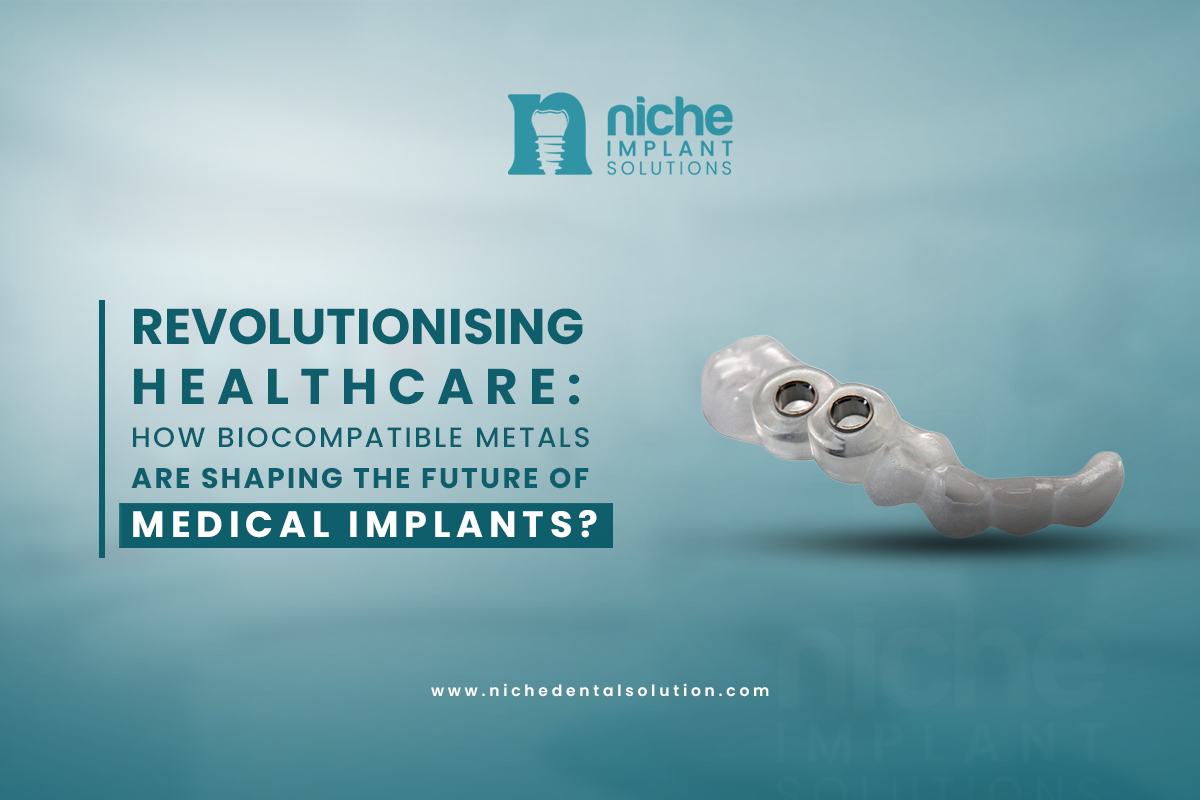
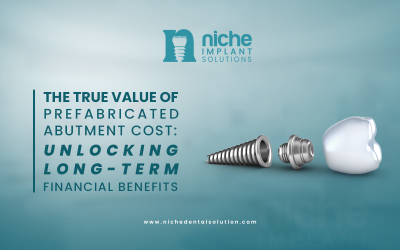
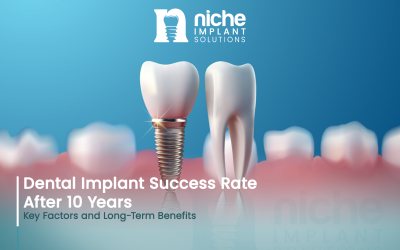
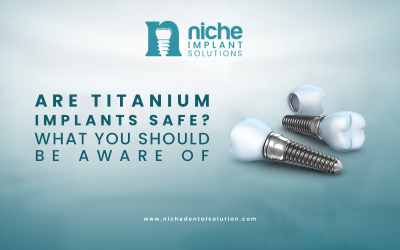
0 Comments